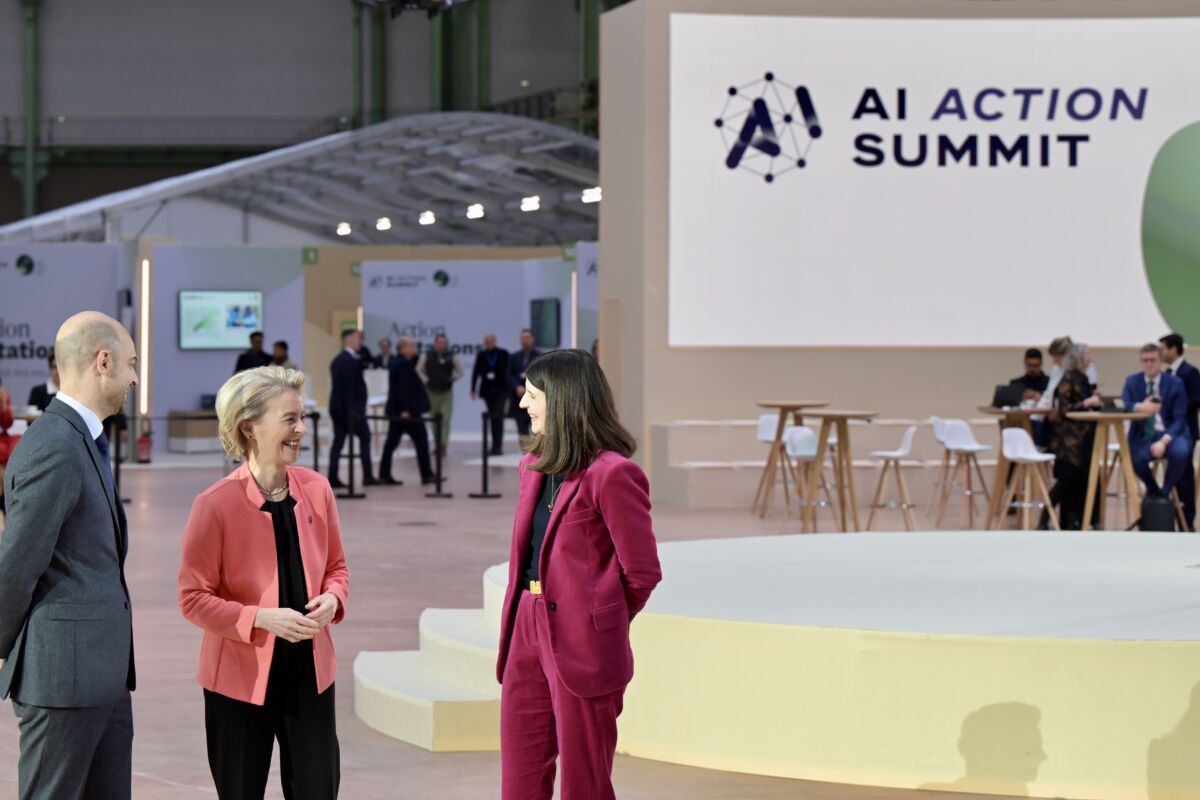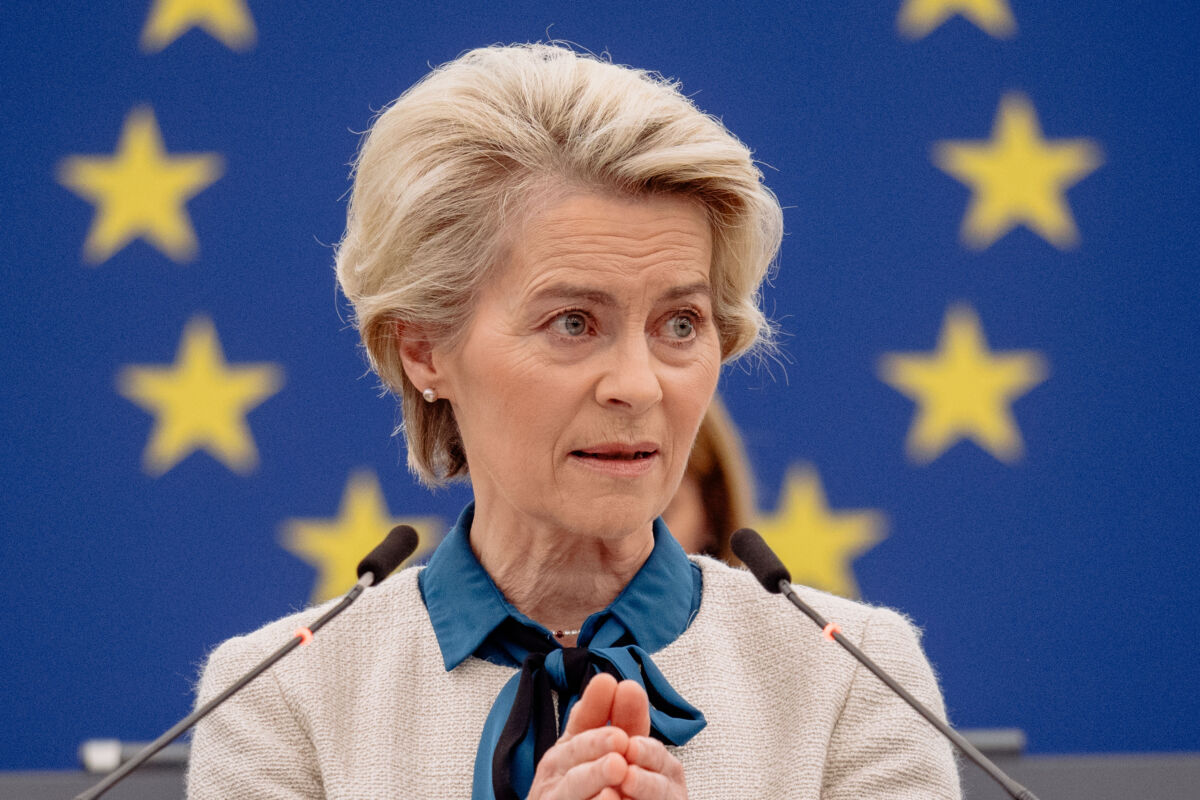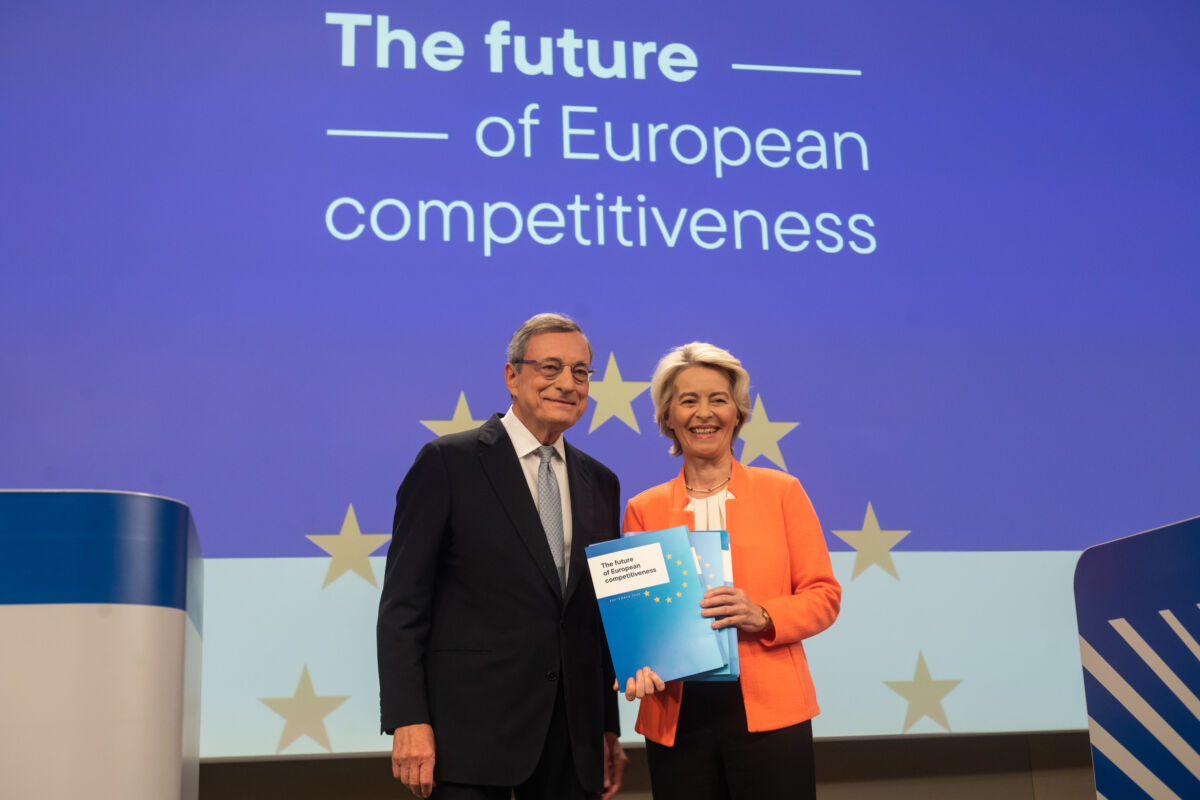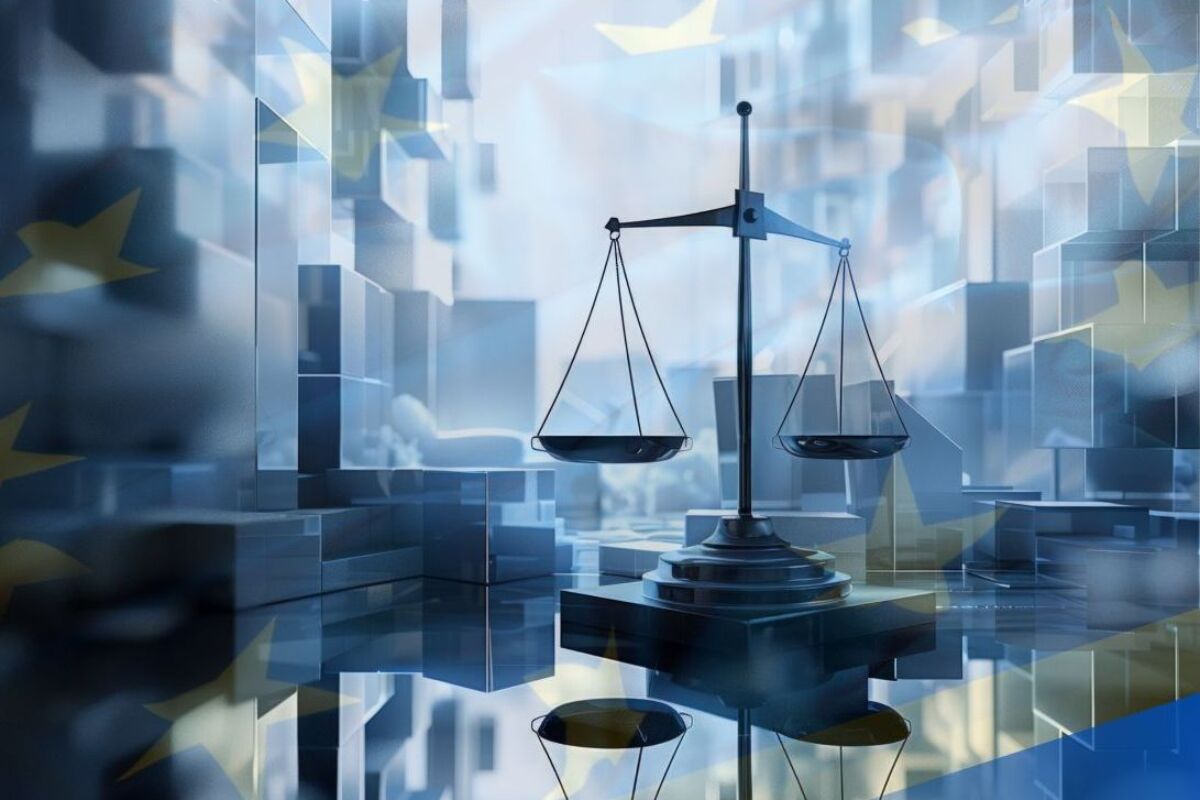While European citizens largely support aid to Ukraine and its eventual accession to the EU, 59 % believe reconstruction will be a financial burden on the EU instead of an opportunity. However, there’s not nearly enough attention on the enormous benefits Ukraine could bring to the EU’s table.
The upcoming Ukraine Recovery Conference in Berlin on 11-12 June will indeed focus on the staggering EUR 486 billion required for reconstruction. This is without even considering the costs of the war, refugee hosting and Ukraine’s eventual EU accession process. But focusing only on costs misses the bigger picture. Ukraine has a lot to offer to the EU, especially in terms of the digital transition and especially in AI. These are areas where the EU has been struggling to find a winning formula to close the gap with other major world powers such as the US and China.
As an AI hub in eastern Europe with a thriving startup ecosystem, Ukraine has become a ‘digital tiger‘ in recent years. Even in the current situation, the government is enabling digital innovation through initiatives such as the Diia app and the BRAVE1 defence tech platform. CEPS research finds that Ukraine ranks as the second eastern European country in terms of scientific publications on AI, only just behind Poland. And thanks to a highly skilled and IT literate workforce, Kyiv has more AI startups (including Grammarly, Ajax Systems and Reface) than cities such as Manchester and Frankfurt.
These findings come out of an upcoming CEPS study with the United Nations Industrial Development Organization (UNIDO) where we gathered data on AI’s uptake in 16 priority industrial sectors selected by the Ukrainian government. Using data on scientific publications, patents, and venture capital funding for AI startups, we found that Ukraine has significantly developed at the intersections between AI and sectors such as defence, education, aviation, and agriculture.
Our study uncovered several interesting facts about Ukraine, starting with its significant production of AI-related scientific publications – between 2020 and 2022, Ukrainian institutions published nearly 3 000 AI-related papers, which brings it into the top 20 countries in this area and the third most prolific country when it comes to publications in key industrial domains such as aviation.
On the other hand, sectors like medicine, automotive, aerospace and robotics, with high AI penetration but low competitiveness, would require significant investment and targeted interventions to build a stronger local ecosystem that can boost the Ukrainian economy. The country could improve in translating fundamental research into patents and products, particularly in robotics. Despite these challenges, by using well-known measures of diversification opportunities such as ‘relatedness‘, we discover that Kyiv relates to AI even more than leading regions such as the Brussels and Amsterdam metropolitan areas.
Ukrainian AI capabilities, if adequately integrated with the EU’s industrial strategy, can propel Europe into a prosperous AI future. However, this won’t happen by itself. If investment is spread too thin, Ukraine could well remain on the margins. However, investing in areas where Ukraine excels and envisioning a path of joint industrial transformation can make the country’s eventual accession a real win-win situation. While the AI landscape in the EU is currently disconnected, Kyiv could and should become one of Europe’s leading AI hubs that’s deeply integrated with London, Paris, Munich and Eindhoven, among others.
Ukraine becomes even more of a key partner and a needed Member State considering Europe’s current plans to increase defence spending and achieve technological sovereignty. The country is not only competitive in AI, it’s a trailblazer in cybersecurity, an avid grower of crops and it’s rapidly developing its wind power capabilities. Rather than looking only at the billions needed for its recovery, analysts and governments should start looking at the economic potential of integrating Ukraine into the EU’s industrial and economic fabric. And they should be doing this sooner rather than later.
As Europeans debate with each other over how to split the cost, others have already spotted the opportunity. The World Economic Forum, backed by US public and private funding, has just announced that it will establish a Global Government Technology Centre in Kyiv, only the second of its kind globally. IT companies like Palantir and SpaceX are also opening offices in Kyiv – and many more will certainly follow.
The Ukraine Recovery Conference in Berlin offers a crucial and timely opportunity to write the story of Ukraine’s future in the EU. Prioritising investments into key industrial sectors and AI would be an important first step towards transforming it into a major success story, rather than a financial burden for other Member States to shoulder.
To read the full report, click here.





































